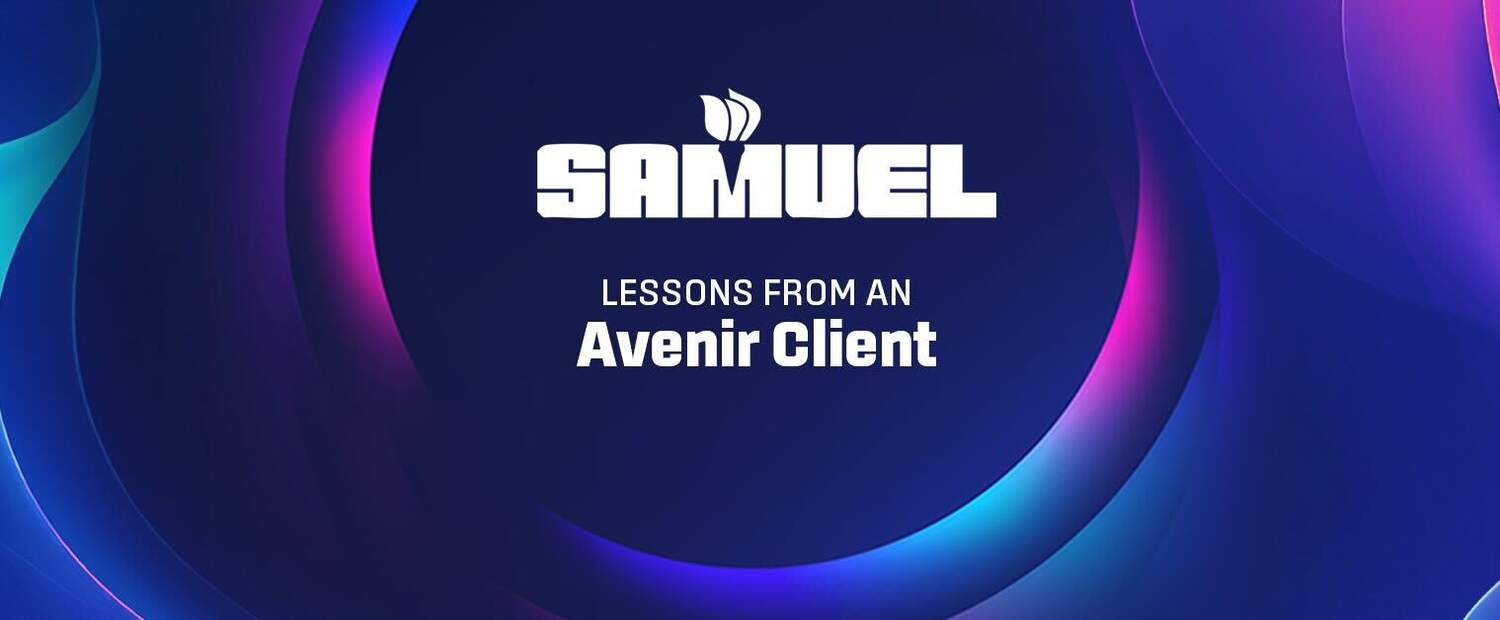Employees frequently make purchases on behalf of their company while on the road—whether it’s for client dinners, hotel stays, or taxi rides. These purchases, when aligned with company policy, qualify as reimbursable expenses. Understanding how these expenses are categorized and approved is essential for both compliance and financial planning.
Reimbursable expenses are a cornerstone of travel expense management, ensuring that employees are not financially burdened for legitimate business-related costs. From the finance team’s perspective, tracking and controlling these expenses is crucial for budget adherence and audit readiness. For travelers, knowing what qualifies can help avoid confusion, out-of-pocket costs, and reimbursement delays.
Types of Reimbursable Expenses
Reimbursable expenses can cover a wide range of business-related costs, depending on company policy, travel needs, and the nature of the work being performed. Below are some common categories of expenses that are typically eligible for reimbursement.
Transportation Costs
- Airfare
- Ground transportation such as taxis, ride-shares, shuttles, or car rentals
- Mileage reimbursement for personal vehicle use (usually at a standardized rate)
- Public transportation including trains, buses, and subways when business-related
Lodging and Accommodations
- Hotel stays, including taxes and standard fees
- Internet access fees necessary for business use
- Business center usage fees at hotels for printing, scanning, or faxing documents
Meals and Entertainment
- Per diem allowances or actual meal receipts
- Client entertainment costs (e.g., meals, event tickets), if pre-approved
- Group meals for team-building or project work
Incidentals and Miscellaneous
- Parking and tolls
- Baggage fees
- Tips or gratuities (within reasonable limits)
- Conference or registration fees
- Visa or passport processing fees (if required for business travel)
Key Considerations for Policy Compliance
Expense reimbursement policies vary widely between organizations, but a few core elements tend to be consistent:
- Documentation: Receipts and itemized invoices are typically required.
- Timeliness: Many companies impose submission deadlines (e.g., within 30 days of the trip).
- Approval Workflows: Expenses usually need managerial sign-off before reimbursement.
- Limits and Caps: Some categories (like meals or entertainment) may have daily or per-item caps.
- Policy Training: Employees are often required to complete training on travel and expense policies, especially if they travel frequently.
Establishing clear guidelines and automated systems can help ensure consistent compliance. When policies are transparent and well-communicated, organizations minimize the risk of accidental misuse and reduce administrative burden.
Why Reimbursable Expenses Matter
Tracking reimbursable expenses is vital for:
- Employee satisfaction: Staff shouldn’t shoulder business costs personally.
- Budget visibility: Helps organizations forecast future travel and operational spend.
- Tax compliance: In some jurisdictions, improperly managed reimbursements may trigger tax implications.
- Audit and risk management: Clear records of reimbursable transactions are critical for internal and external audits.
From a strategic standpoint, analyzing expense data can reveal opportunities to renegotiate vendor contracts, improve travel booking behavior, and enforce more cost-efficient travel planning.
Streamlining Reimbursements with Technology
Many companies now rely on expense management software to automate the reimbursement process. These platforms can:
- Auto-categorize expenses
- Flag policy violations
- Route submissions for approval
- Integrate with accounting or ERP systems
Using travel technology platforms like Center or integrated booking tools can further simplify the workflow, especially when travel bookings and expense reporting are managed within the same ecosystem. Mobile apps also enable employees to snap receipt photos while traveling and submit expense reports instantly, helping to speed up processing and support compliance with company policies.
For global companies, advanced platforms may also handle currency conversion, tax compliance, and localization to ensure consistency across borders.
Common Pitfalls to Avoid
- Missing Receipts: Failing to submit supporting documentation can lead to rejected claims.
- Out-of-Policy Spending: Booking luxury accommodations or flying business class without approval.
- Double Dipping: Attempting to expense an item already paid for with a corporate card.
- Delays in Submission: Waiting too long may result in forfeited reimbursement.
- Ambiguity in Expense Reports: Vague descriptions or incorrect categorization can delay processing or lead to rejections.
To avoid these issues, employees should regularly review policy updates and consult with finance or travel teams before making non-standard purchases.
Quick Tips for Travelers
- Review the travel and expense policy before your trip.
- Save all receipts in a mobile-friendly app or platform.
- Submit claims immediately upon return.
- Ask for clarification in advance if an expense seems unclear.
- Use your corporate card when possible for easier tracking.
- Avoid combining personal and business expenses on the same receipt.
Frequently Asked Questions
Are tips and gratuities reimbursable?
Yes, tips are usually reimbursable as long as they are reasonable and fall within company policy. This might include hotel housekeeping tips, baggage handlers, or taxi drivers.
Some organizations set a cap on daily gratuity limits or require explanation for higher-than-usual tip amounts.
Can I get reimbursed for airfare upgrades?
Generally, no. Airfare upgrades (e.g., from economy to business class) are only reimbursable if pre-approved. Most corporate policies require the lowest logical fare.
Exceptions might apply for medical needs or long-haul international flights where productivity is affected.
What if I lose a receipt?
Some companies allow for a missing receipt affidavit, while others will not reimburse without proof of purchase. Digital receipts or bank statements may sometimes be accepted as substitutes.
Always check your company’s specific policy in these cases.
Can personal expenses be reimbursed if incurred during a business trip?
No. Personal expenses like souvenirs, minibar items, or leisure activities are not considered reimbursable.
Reimbursement is strictly limited to costs necessary for conducting company business.
How long does reimbursement typically take?
Timelines vary, but most companies process reimbursement within 1–2 pay cycles after approval. Delays can occur due to missing information or slow approval chains.
Using automated systems can help speed up the process.
Do I need pre-approval for all reimbursable expenses?
Not always, but many companies do require it for high-cost items like airfare, hotel bookings, or client entertainment.
Review your travel and expense policy to understand when pre-approval is needed.
Can I use my personal credit card for reimbursable purchases?
Yes, many employees use personal cards for business expenses, especially when corporate cards are unavailable. Just ensure all purchases align with policy and are properly documented.
Some travelers also prefer this for points and rewards.
What tools can help manage reimbursable expenses?
Modern expense platforms such as Center offer features like mobile receipt capture, automatic categorization, and policy enforcement.
These tools reduce administrative overhead and ensure employees are reimbursed accurately and on time.



